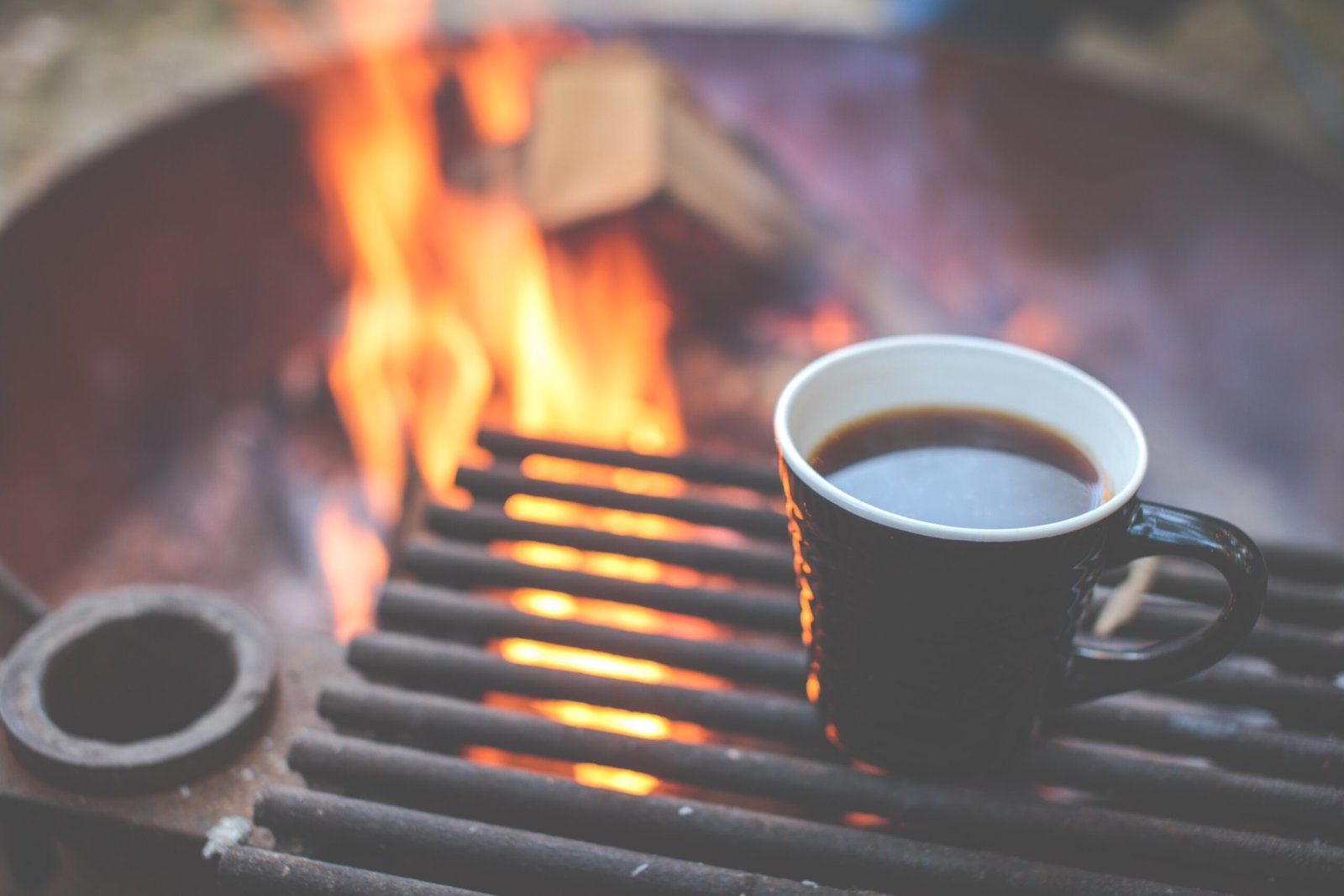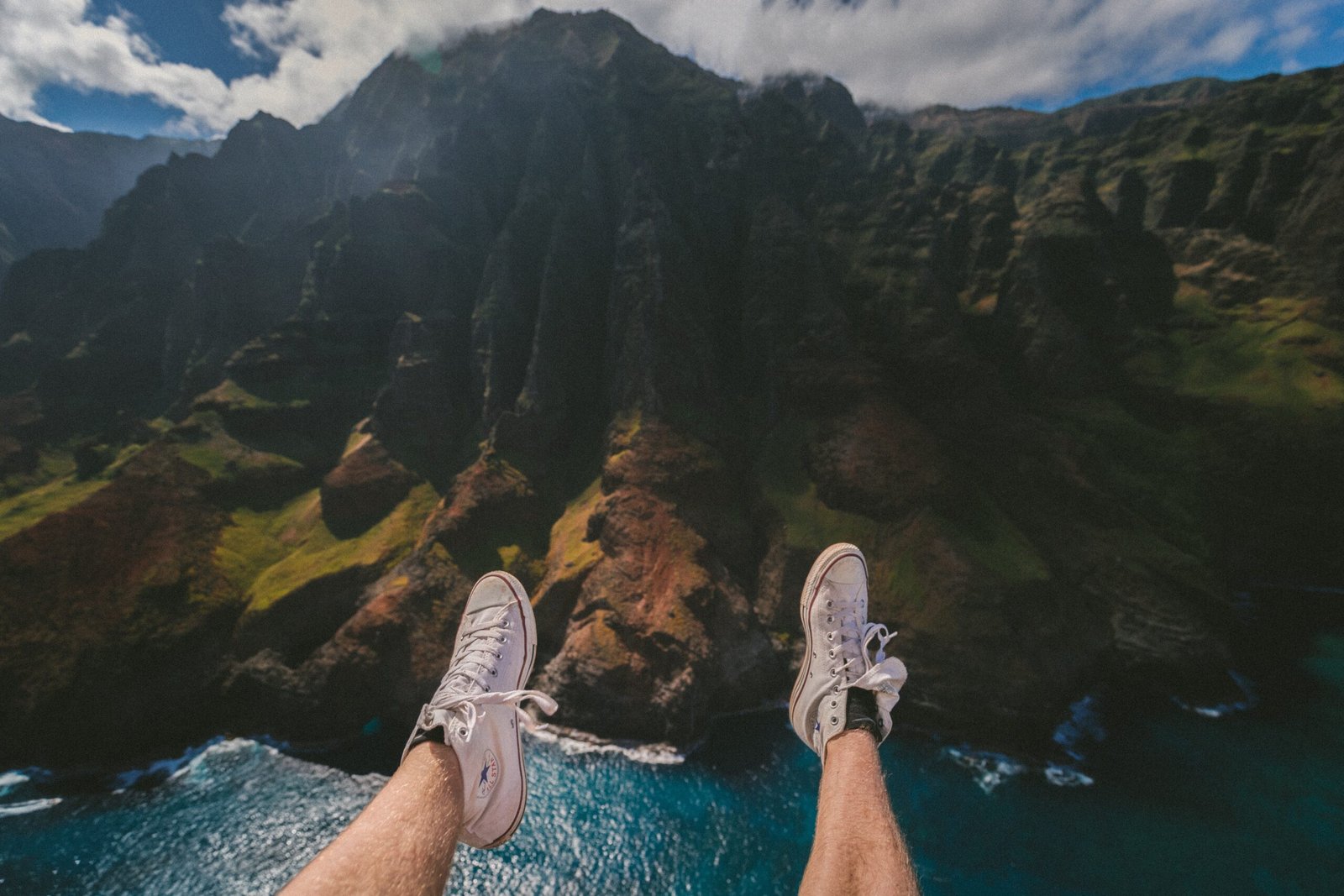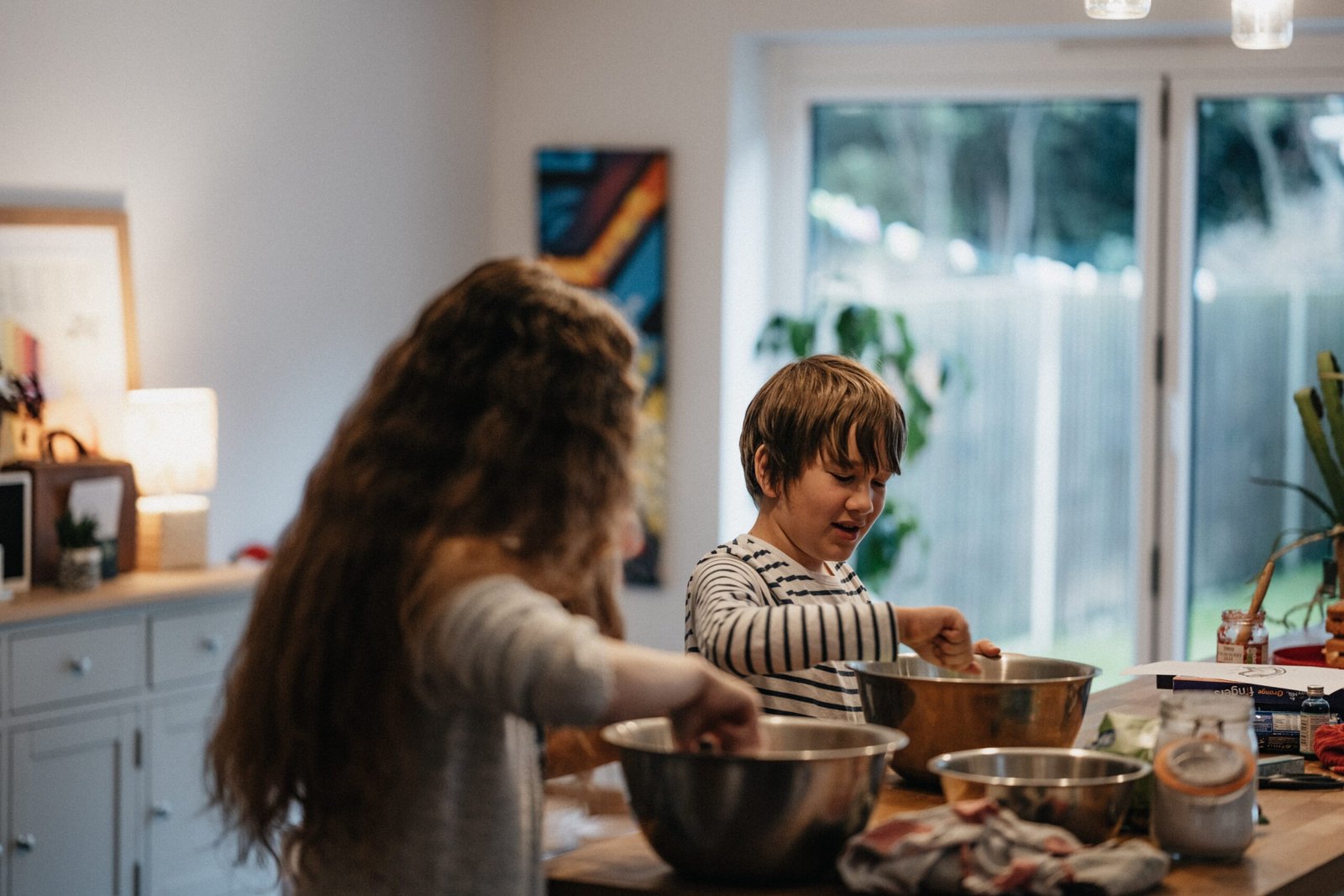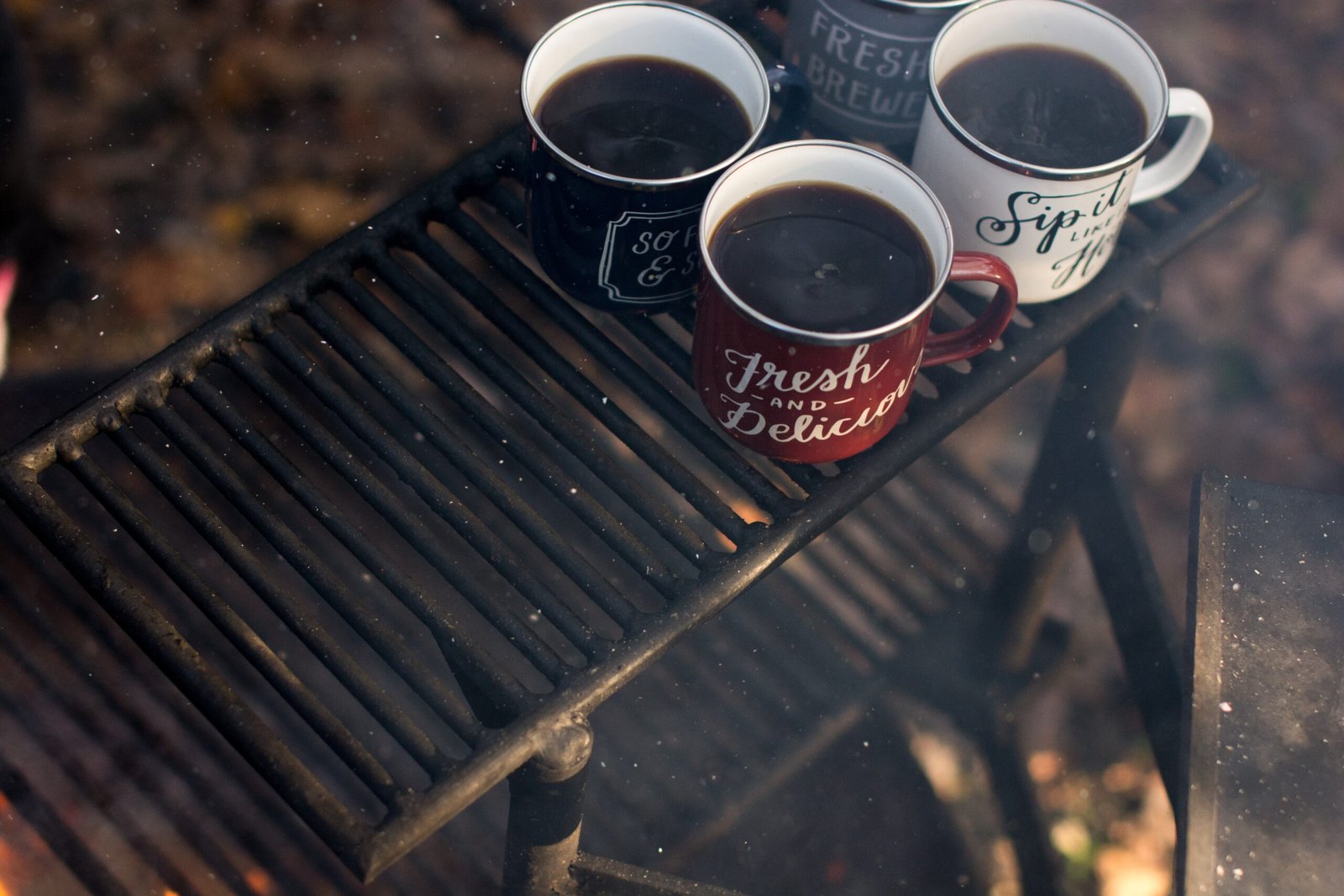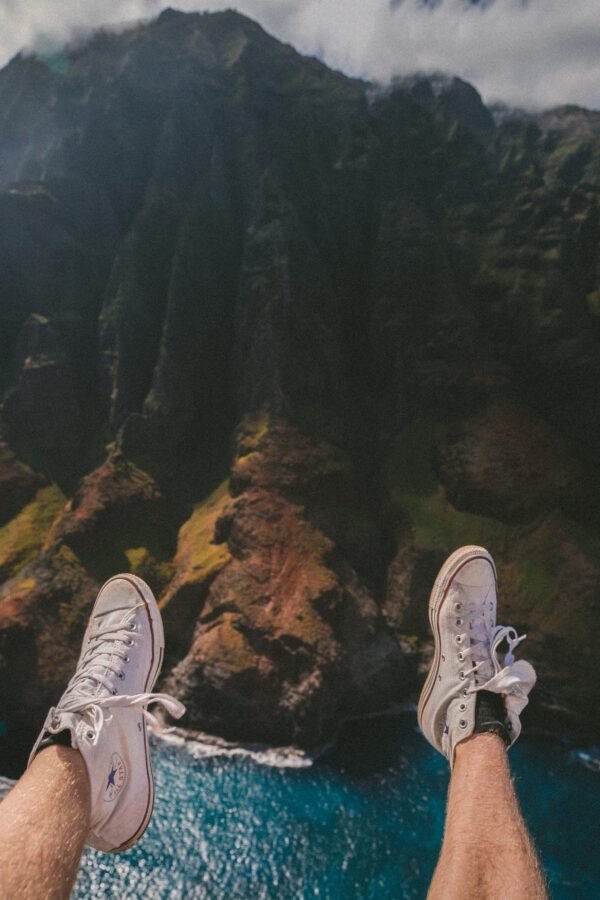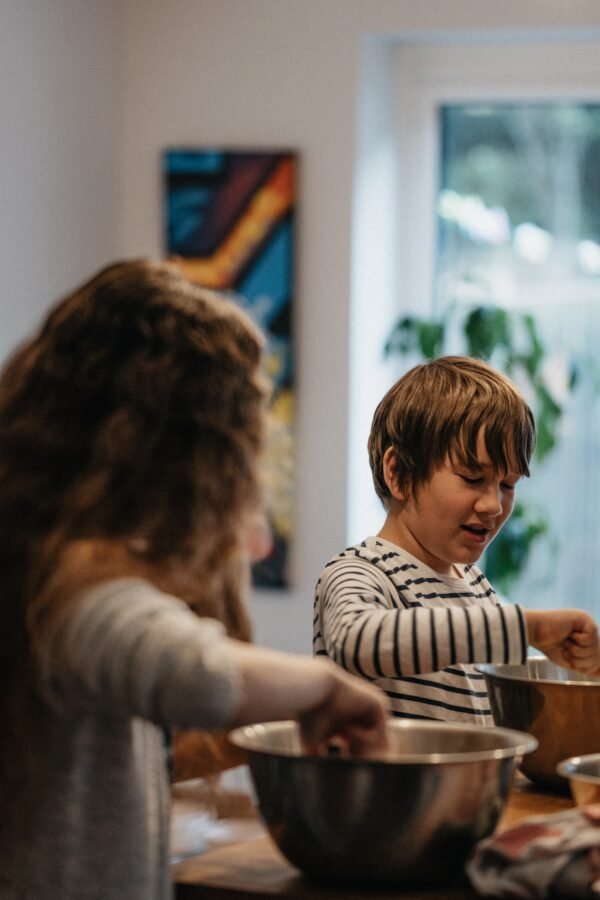Are you ready to embark on an unforgettable adventure in the great outdoors? Look no further than Tutti Camping, your ultimate guide to all things camping. With an abundance of information and insider tips, we are here to ensure that your camping experience is nothing short of magical. From roasting marshmallows over a crackling fire to stargazing under the vast night sky, we have compiled a list of exciting activities that will elevate your camping trip to the next level. So grab your tent, pack your bags, and let us show you the incredible things to do when camping.
Planning your camping trip
Choose a camping location
When planning your camping trip, the first thing you need to do is choose a suitable camping location. Consider factors such as proximity to your home, the type of environment you prefer (e.g., mountains, beach, forest), and the facilities available at the campsite. There are various resources available online to help you find the perfect camping spot, such as campsite directories or apps. Research the amenities and attractions in the area to ensure it meets your needs and preferences.
Check the weather forecast
Before heading out on your camping adventure, always check the weather forecast for the duration of your trip. Weather conditions can greatly impact your camping experience, so it’s essential to know what to expect. Dress appropriately and pack accordingly for hot or cold temperatures, rain, or strong winds. If severe weather is forecasted, you may need to reconsider your camping plans or make necessary adjustments to ensure your safety. Stay updated on weather conditions throughout your trip to make informed decisions.
Make a packing list
To ensure you have everything you need for a comfortable camping trip, it’s essential to make a detailed packing list. Start by considering the basics such as a tent, sleeping bags, cooking utensils, and clothing. Don’t forget to include personal items such as toiletries, medications, and any specific equipment or gear required for activities you plan to engage in. Remember to pack enough food and water, and don’t forget essentials like sunscreen, insect repellent, and a first aid kit. Tailor your packing list to the specific location and duration of your camping trip.
Prepare your camping gear
Once you’ve made your packing list, it’s time to gather and prepare your camping gear. Inspect your tent for any damages and make sure all the necessary components, such as poles and stakes, are present. Test any camping equipment, such as lanterns or cook stoves, to ensure they are in working order. Clean and organize your camping gear, and pack everything securely to prevent damage or loss during transportation. Being well-prepared with properly maintained gear will contribute to a successful camping experience.
Setting up your campsite
Find a suitable campsite
After arriving at your chosen camping location, take some time to find a suitable campsite. Look for a level and well-drained area to set up your tent, preferably with some natural shade. Consider the proximity to any facilities you may need, such as restrooms or water sources. Be mindful of any local regulations or restrictions regarding where you can camp. Choosing the right campsite will ensure a comfortable and enjoyable stay in nature.
Pitch your tent
With your campsite selected, it’s time to pitch your tent. Ensure the ground is clear of any rocks, sticks, or other sharp objects that could damage the tent floor. Lay down a groundsheet or tarp to provide extra protection from moisture. Follow the instructions provided with your tent to assemble it correctly. Start by laying out the components and connecting the poles, then gradually raise the tent by securing the poles in their designated positions. Stake down the tent and adjust the guy lines to ensure stability.
Set up your sleeping area
Creating a cozy and comfortable sleeping area is essential for a good night’s rest while camping. Lay down sleeping pads or air mattresses to provide insulation and cushioning against the ground. Place your sleeping bags on top, ensuring they are appropriately rated for the expected temperatures. Consider using extra blankets or sleeping bag liners for added warmth if needed. Organize your pillows and any other personal items within reach for convenience.
Organize your camp kitchen
Setting up a well-organized camp kitchen will make meal preparation and cooking a breeze. Start by designating an area for your cooking equipment, such as a camping stove or grill. Ensure the cooking area is clear of any flammable materials and at a safe distance from the tent. Set up a table or a designated surface for food prep and storage. Use coolers or secure containers to keep perishable items fresh and prevent wildlife from accessing your food. Keep cooking utensils, plates, and cutlery easily accessible and pack away any leftovers or food waste properly.

Exploring nature
Go for a hike
One of the best ways to immerse yourself in the beauty of nature while camping is by going for a hike. Research the trails in the area beforehand and choose a route that suits your fitness level and interests. Pack essentials such as water, snacks, a map, and a compass. Wear comfortable and sturdy footwear, and dress appropriately for the weather conditions. Take your time to appreciate the scenery, observe wildlife, and breathe in the fresh air. Hiking allows you to connect with nature on a deeper level and experience the wonders of the great outdoors.
Try fishing
Fishing is a popular recreational activity for campers, offering relaxation and a chance to enjoy nature’s tranquility. Check the local regulations and obtain the necessary permits before casting your line. Pack your fishing gear, including rods, reels, bait, and tackle. Bring a comfortable chair or find a good spot on the bank to set up. Whether it’s catching your dinner or simply practicing catch-and-release, fishing provides a rewarding and peaceful experience amidst the beauty of lakes, rivers, or oceans.
Bird watching
Camping provides ample opportunities for bird watching, as many natural habitats are home to diverse bird species. Grab a pair of binoculars and a field guide to help identify the different birds you encounter. Look for areas with trees, shrubs, or bodies of water, as they attract a wide variety of birds. Be patient and quiet, allowing the birds to come closer without disturbance. Listen to their songs and observe their behaviors, appreciating the beauty and diversity of avian life.
Stargazing
Away from the bright city lights, camping offers a unique chance to indulge in the marvels of the night sky. Grab a blanket or a comfortable chair and find a spot away from any light pollution. Look up and marvel at the countless stars, constellations, and even shooting stars if you’re lucky. Consider bringing a star map or using a stargazing app to help you identify different celestial objects. Immerse yourself in the vastness of the universe and let the beauty of the night sky leave you in awe.
Cooking over a campfire
Gather firewood
Building a campfire is not just for warmth but also for cooking delicious meals while camping. Before you start, gather firewood from the surrounding area. Look for dry and fallen branches, as well as deadwood, which will burn more easily. Avoid damaging live trees or taking wood from restricted areas. Ensure you have enough firewood to last for your intended cooking duration and always abide by any firewood collecting regulations in the area.
Build a campfire
Once you have gathered your firewood, it’s time to build a campfire. Choose a safe location for your fire pit, keeping it away from any flammable materials or overhanging branches. Arrange the firewood in a stack, using a fire triangle formation for optimal airflow. Start your fire using either matches, a lighter, or fire starters. As the fire grows, carefully add more wood to maintain a steady flame. Always keep a bucket of water or a fire extinguisher nearby for safety.
Cook delicious meals
Cooking over a campfire can be a culinary adventure, allowing you to create delicious meals in the great outdoors. Pack ingredients that are easy to prepare and don’t require complex cooking techniques. Consider options like foil-wrapped meals, skewered kebabs, or one-pot stews. Use camping cookware, such as cast iron pans or grilling grates, to cook your meals. Be mindful of fire safety and always supervise the cooking process, adjusting the heat as needed. Enjoy the unique taste and aroma of food cooked over an open flame.
Toast marshmallows for s’mores
No camping trip is complete without the classic campfire treat of s’mores. After finishing your meal, gather around the campfire and toast marshmallows on skewers or roasting sticks. Allow the marshmallows to turn golden brown and melty. Sandwich them between graham crackers and chocolate, creating a delightful combination of sweetness and crunch. The act of making s’mores is a fun and interactive experience that brings people together, creating lasting memories around the campfire.

Engaging in outdoor activities
Play outdoor games
Camping provides an excellent opportunity to engage in outdoor games and activities that bring joy and laughter. Pack a frisbee, soccer ball, or a deck of cards to enjoy with friends and family. Set up a friendly competition of horseshoes or a game of cornhole. Engaging in these activities not only helps pass the time but also strengthens bonds and creates unforgettable moments of fun and togetherness.
Enjoy water activities
If your camping location offers access to a lake, river, or beach, take advantage of the water and enjoy various activities. Go swimming to cool off and embrace the refreshing sensation of the water on a hot day. Try your hand at kayaking or canoeing, gliding through the serene waters and exploring the surroundings from a unique perspective. If you’re at a beach, surfing, paddleboarding, or building sandcastles are also popular water activities that provide loads of fun and excitement.
Try out cycling or mountain biking
For the adventure enthusiasts, camping sites often provide great opportunities to explore on two wheels. Bring your bike or rent one nearby to embark on cycling or mountain biking trails. Whether it’s a leisurely ride through scenic paths or an adrenaline-pumping downhill adventure, biking adds an element of thrill to your camping experience. Make sure to wear appropriate safety gear, such as helmets and knee pads, and follow any trail rules or regulations.
Take a nature walk
Immerse yourself in the natural beauty surrounding your campsite by taking a leisurely nature walk. Look for marked trails or explore off the beaten path, but remember to stay aware of your surroundings and any potential hazards. Observe the flora and fauna, listen to the sounds of nature, and take in the scents of the wilderness. Take your time to appreciate the small details, such as colorful wildflowers or intricate spider webs. Walking in nature promotes relaxation and rejuvenation, allowing you to truly connect with the environment.
Connecting with fellow campers
Join a campfire conversation
Campfire conversations have a unique charm that brings people together, fostering a sense of community and connection. Engage in conversations around the campfire, sharing stories, experiences, and laughter with fellow campers. It’s a great opportunity to learn from others, gain insights about different camping destinations, and exchange tips and recommendations. Campfire conversations are often the highlight of a camping trip, creating lasting memories and friendships.
Participate in group activities
Many campgrounds organize group activities, such as nature walks, scavenger hunts, or even outdoor movie nights. Take advantage of these opportunities to meet other campers and engage in shared experiences. Participating in group activities can be a fun way to bond, make new friends, and learn from others. Be open to trying new things and stepping outside your comfort zone, as it can lead to enriching interactions and a deeper appreciation for the camping community.
Share stories and experiences
Camping is a time for storytelling and sharing experiences. Take the opportunity to share your own camping adventures and listen to the stories of others. Bond with fellow campers over humorous anecdotes, thrilling encounters with wildlife, or awe-inspiring moments in nature. As you share your experiences, you may inspire others to embark on their own camping adventures or discover hidden gems in different camping destinations. The camping community is filled with diverse backgrounds and perspectives, making storytelling a rich and rewarding activity.
Make new friends
Camping is an excellent opportunity to make new friends and forge lasting connections. Approach neighboring campers with a friendly smile and strike up a conversation. Participate in campground activities or join local camping clubs to meet like-minded individuals. Be open to learning about different cultures, backgrounds, and camping traditions. Making new friends while camping can lead to future camping trips together or even lifelong friendships that extend beyond the campground.

Relaxing and unwinding
Read a book
As you immerse yourself in the serenity of the outdoors, take the time to unwind with a good book. Pack your favorite novels, magazines, or even e-books to enjoy during quieter moments at your campsite. Find a comfortable spot, whether it’s a hammock, a camping chair, or a cozy nook in your tent, and lose yourself in the pages of a captivating story. Reading allows you to escape into different worlds while connecting with nature’s tranquility.
Do yoga or meditation
Camping offers a peaceful setting to practice yoga or meditation, allowing you to find inner calm and connect with your surroundings. Roll out a yoga mat or a blanket in a quiet and serene area. Engage in gentle stretches, mindful breathing, and meditation techniques. Let the sounds of nature and the gentle breeze guide you into a state of relaxation and presence. Embrace the balance of body and mind, while reaping the benefits of increased mindfulness and reduced stress.
Enjoy a hammock nap
Swinging lazily in a hammock, surrounded by the sounds of nature, is the epitome of relaxation. Set up a hammock between two sturdy trees and indulge in a blissful nap. Allow the gentle rocking motion to lull you into a deep sleep or a state of calm relaxation. Feel the stresses of everyday life melt away as you surrender to the leisurely rhythm of the hammock. A hammock nap is the perfect way to recharge and make the most of your camping experience.
Take a leisurely stroll
Camping provides a perfect opportunity to slow down and enjoy the simplicity of a leisurely stroll. Explore the surroundings of your campsite at a relaxed pace, taking in the sights, sounds, and scents of nature. Absorb the beauty of the landscape, whether it’s a tranquil forest, a sandy beach, or a breathtaking mountain range. Allow yourself to get lost in the moment, savoring the peace and tranquility that only a leisurely stroll in nature can bring.
Campfire entertainment
Sing campfire songs
Gather around the campfire with family and friends and indulge in the joy of singing campfire songs. Whether it’s classic camping tunes, folk songs, or your favorite hits, singing together creates a sense of unity and fun. Encourage everyone to participate by taking turns choosing songs or even creating original campfire compositions. Let the crackling of the fire serve as your background music, while the shared melodies and harmonies fill the night air with warmth and laughter.
Tell ghost stories
One of the most cherished campfire traditions is telling spine-chilling ghost stories. Set the stage for an eerie and suspenseful atmosphere as darkness falls. Encourage everyone to share their own tales of the supernatural or recount urban legends. Use your storytelling skills to captivate your audience, letting their imaginations run wild with anticipation. Brace yourself for goosebumps, nervous laughter, and the bond that forms when everyone huddles together, seeking comfort and safety in the midst of the night.
Play musical instruments
If you or any of your fellow campers are musically inclined, bring along musical instruments to create your own campfire concert. Strum the guitar, play the harmonica, or tap out rhythms on a set of bongos. Encourage others to join in with their instruments or by clapping along to the beat. Campfire jam sessions provide an opportunity for self-expression, creative collaboration, and an enjoyable communal experience. Let the music fill the night air, adding another layer of magic to your camping adventure.
Watch a mesmerizing fire
Sometimes, the simplest forms of entertainment are the most mesmerizing. Sit back and enjoy the hypnotic dance of the flames as you watch the campfire flicker and glow. Let your mind wander as the fire weaves intricate patterns, casting captivating shadows in the darkness. Listen to the crackling sounds as the logs burn, creating a soothing symphony that resonates with the tranquility of nature. Watching a campfire can be a meditative and enchanting experience, allowing you to unwind and appreciate the beauty of the present moment.
Learning survival skills
Learn to navigate using a compass
Camping provides an opportunity to learn essential survival skills, starting with knowing how to navigate using a compass. Familiarize yourself with the principles of compass navigation, such as understanding the basic directions and reading topographic maps. Take time to practice using a compass to orient yourself and navigate to specific points of interest. Learning these skills not only enhances your survival abilities but also deepens your connection with the natural world.
Start a fire without matches
In a survival situation, the ability to start a fire without matches is a vital skill. Take the opportunity while camping to learn and practice various fire starting methods. Research and experiment with techniques such as using a fire starter kit, friction fire methods like bow drill or hand drill, and practicing fire plow or flint and steel. Developing the knowledge and confidence to start a fire without matches not only provides a sense of self-reliance but can be crucial in emergency situations.
Identify edible wild plants
Foraging for edible wild plants is a valuable skill that connects you with nature’s resources. While camping, research the local plant life and learn to identify species that are safe for consumption. Be cautious and avoid experimenting with unknown plants. Focus on learning about edible plants that commonly grow in the area, such as wild berries, edible mushrooms, or edible greens. Understanding which plants are safe to eat allows you to add a touch of wilderness to your culinary adventures and increase your self-sufficiency in natural environments.
Build a shelter
Knowing how to build a shelter is an essential survival skill that can come in handy in various outdoor situations. Take the opportunity to practice building different types of shelters using natural materials found in the environment. Experiment with constructing lean-tos, debris huts, or a simple tarp shelter, adapting to the unique characteristics of the location. Building a shelter not only enhances your survival capabilities but also gives you a sense of accomplishment and a deeper appreciation for the ingenuity of indigenous peoples and early explorers.
Respecting the environment
Practice proper waste management
Respecting the environment is crucial when camping to preserve the beauty and integrity of nature. Practice proper waste management by packing out all your trash and leaving no trace behind. Bring designated garbage bags or containers to store your waste, ensuring it is securely sealed to prevent animals from accessing it. Dispose of the trash in designated receptacles when you leave the campsite. Minimize waste by reducing packaging and bringing reusable containers. Leave the camping area cleaner than you found it, showcasing your commitment to the preservation of the environment.
Leave no trace
The Leave No Trace principles provide guidelines to minimize human impact on the environment while camping. Familiarize yourself with these principles, which include minimizing campsite alterations, respecting wildlife, and leaving natural and cultural resources undisturbed. Follow guidelines such as staying on designated trails, not feeding wildlife, and practicing responsible campfire use. By adhering to these practices, you contribute to the preservation of ecosystems, protect sensitive areas, and ensure future generations can enjoy the same camping experiences in nature’s splendor.
Respect wildlife
When camping, it’s important to respect the wildlife that inhabits the area. Observe animals from a safe distance, using binoculars or a telephoto lens for closer encounters without disturbing their natural behavior. Refrain from approaching or feeding wildlife, as this can disrupt their natural patterns and create potentially dangerous situations. Be mindful of nesting and breeding seasons, and avoid camping in areas where wildlife may be particularly vulnerable. Respect the natural habitats and ecosystems, allowing the flora and fauna to thrive undisturbed.
Follow camping regulations
To ensure a safe and sustainable camping experience, it’s essential to follow all camping regulations and guidelines. Familiarize yourself with any rules or restrictions specific to the camping location you have chosen. This may include guidelines on campfire use, fishing regulations, or specific activities that are prohibited or require permits. Respecting these regulations not only ensures your safety but also contributes to the conservation efforts in place to protect and preserve the natural beauty of the camping areas.
Camping offers a wealth of opportunities for fun, adventure, and relaxation in the great outdoors. By carefully planning your trip, setting up your campsite thoughtfully, and engaging in various activities, you can create unforgettable experiences and lifelong memories. Whether it’s exploring nature, cooking over a campfire, connecting with fellow campers, or simply unwinding, camping allows you to reconnect with nature, disconnect from the hustle and bustle of daily life, and embrace the wonders of the natural world. So pack your gear, embrace the spirit of adventure, and embark on a camping trip that will leave you refreshed, rejuvenated, and in awe of the beauty that surrounds us. Happy camping!


